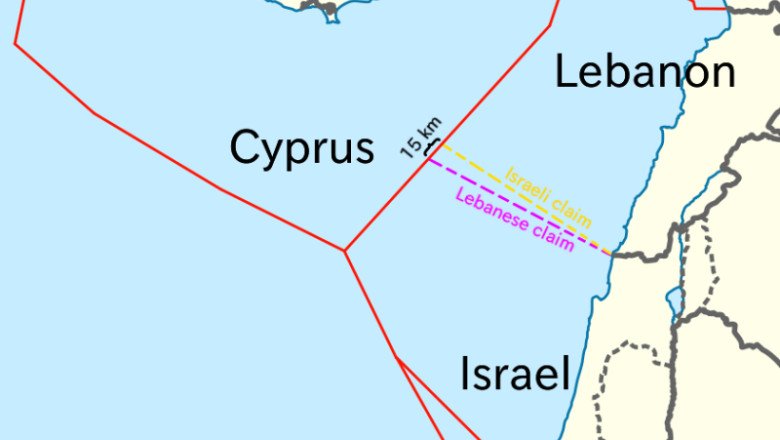
views
Air France-KLM and Deutsche Lufthansa AG have temporarily suspended flights to Israel and Lebanon due to escalating regional tensions. This move by major European carriers highlights the growing concerns over passenger safety amidst ongoing geopolitical unrest.
Air France-KLM’s decision to halt flights affects both direct services to Tel Aviv and connections through other European hubs. The airline cited a “significant deterioration in the security situation” as the primary reason for this action. Passengers with bookings on affected flights are being offered alternatives or refunds, and the airline has advised travelers to check the latest travel advisories before making any new arrangements.
Similarly, Deutsche Lufthansa AG has suspended its flights to both Tel Aviv and Beirut, following a similar assessment of safety risks. The airline has stated that the suspension will be reviewed on an ongoing basis, with the company’s primary concern being the safety of its passengers and crew. Lufthansa’s decision reflects broader industry trends as airlines evaluate risks in conflict-prone regions.
The escalation of tensions in the Middle East has prompted numerous airlines to reevaluate their operational routes. The conflict’s impact on air travel has been compounded by increased security measures and travel restrictions imposed by various governments. The International Air Transport Association (IATA) has indicated that such disruptions are becoming more common in volatile regions, affecting travel plans for both business and leisure passengers.
Travel advisories from multiple countries have been updated to reflect the heightened risks in the region. The U.S. State Department and other international bodies have issued warnings advising against non-essential travel to affected areas. This has further influenced airlines’ decisions to suspend services to ensure the safety of their passengers.
In response to these suspensions, diplomatic efforts are underway to de-escalate the situation. Various international organizations and governments are working to address the underlying issues contributing to the current tensions. The impact on the aviation industry is being closely monitored, with airlines and travel agencies preparing contingency plans to manage the disruption.
The suspension of flights by major airlines not only affects travelers but also has significant economic implications. Israel and Lebanon rely heavily on air travel for both tourism and business. The interruption of services disrupts economic activities and could potentially affect diplomatic and trade relations in the region.
Air France-KLM and Deutsche Lufthansa AG have assured customers that they are closely monitoring the situation and will resume flights as soon as it is deemed safe. Both airlines have emphasized their commitment to passenger safety and are cooperating with international authorities to ensure their operations align with the latest security assessments.


























Comments
0 comment